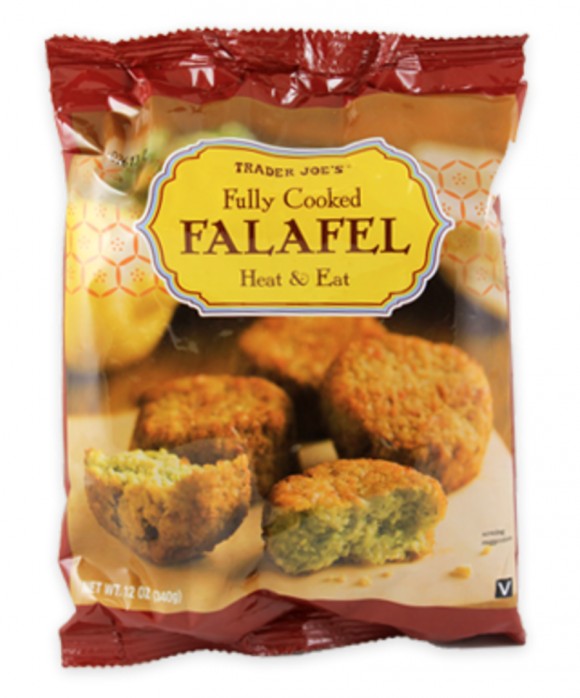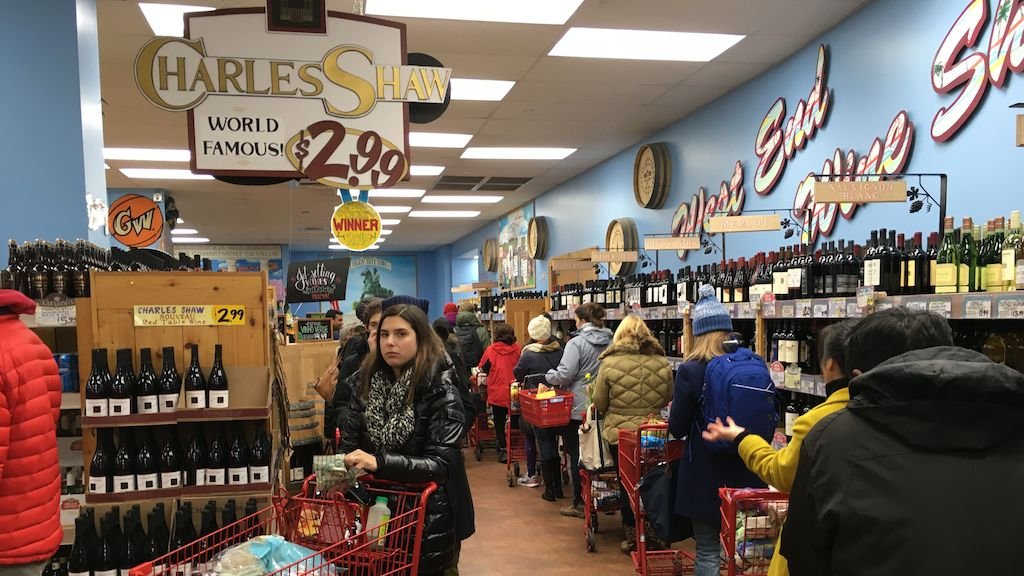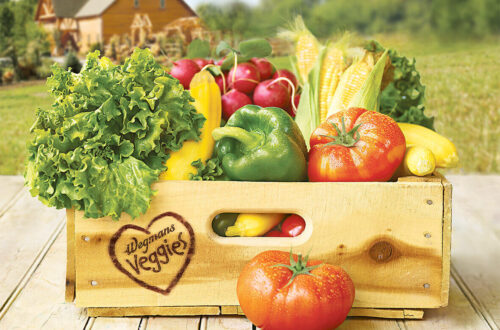Our ethical grocer of the week is Trader Joe’s. The first Trader Joe’s store opened in 1967 in Pasadena, California. Today there are over 500 Trader Joe’s stores in 42 states and the District of Columbia, and counting.
Since 1972 after the release of their private label granola, Trader Joe’s is most well known for their private label products. This is the key to their low prices. By having private label products Trader Joe’s eliminates slotting fees, marketing fees, and middlemen fees, saving you money.
While we love Trader Joe’s great buys, they actually do a lot more. Trader Joe’s is just as focused on people and the environment as they are on keeping prices low.

Trader Joe’s sustainability progress is just as impressive. To both combat waste while feeding those in need Trader Joe’s has a long-running policy to donate 100% of products that go unsold but are safe for consumption. To date they have donated nearly $384 million dollars of food and beverages, which equates to about 78 million pounds of food or 65 million meals served to those in need. They have also recycled over 450 million pounds of materials (cardboard, plastic wrap, plastic buckets, and damaged pallets).
In addition, Trader Joe’s has removed nearly 6 million pounds of plastic from our packaging. In addition, they have made several commitments to the ends of improving their sustainability practices even more. Some of these commitments include:
- Eliminating or replacing packaging for 40+ produce items, resulting in the removal of over 2.5 million lbs. of plastic annually in the produce section.
- Eliminating plastic and foil pouches from their tea packages, and replacing them with compostable film.
- Changing the packaging on over 20 SKU’s from virgin plastic to 100% Recycled PET, #1 plastic, resulting in the removal of over 500,000 lbs. of virgin plastic from their stores annually.
- Choosing packaging that can be realistically recycled such as eliminating the plastic rings from six-packs of beer; and replacing all Styrofoam trays in fresh meat section with PET1 trays.
- Avoiding the use of harmful substances in packaging including: Per- and Polyfluoroalkyl Substances (PFAS); Bisphenol A (BPA) & Bisphenol S (BPS); Nonylphenol Ethoxylates (NPEs); Polystyrene (PS); Styrene; Phthalates.
Trader Joe’s has more than proven themselves to be even more than an ethical grocer over the years. Seeing them continue to seek out new ways to further improve and continue on this track is all the more impressive.
Have you visited our ethical grocer of the week? How was it?





